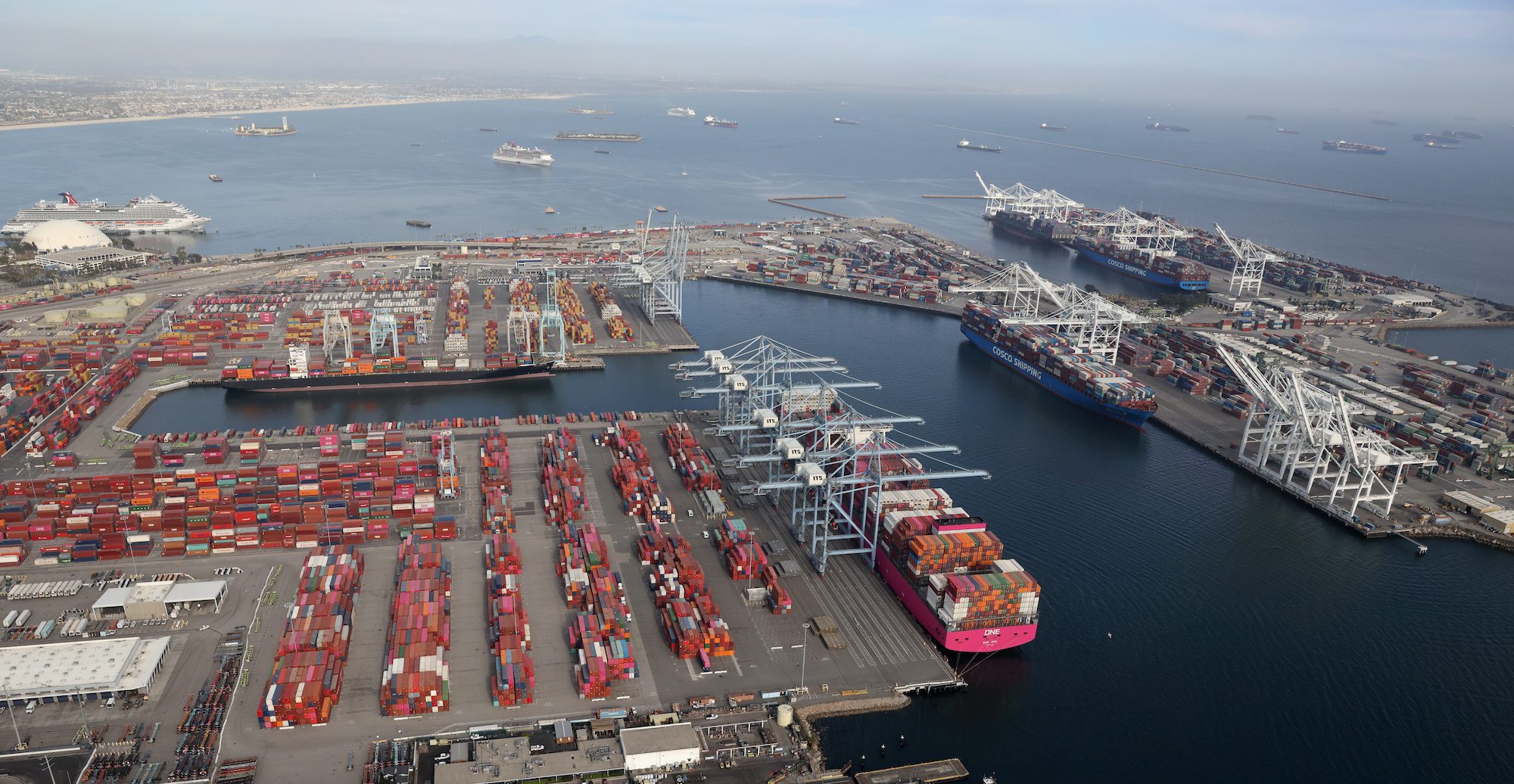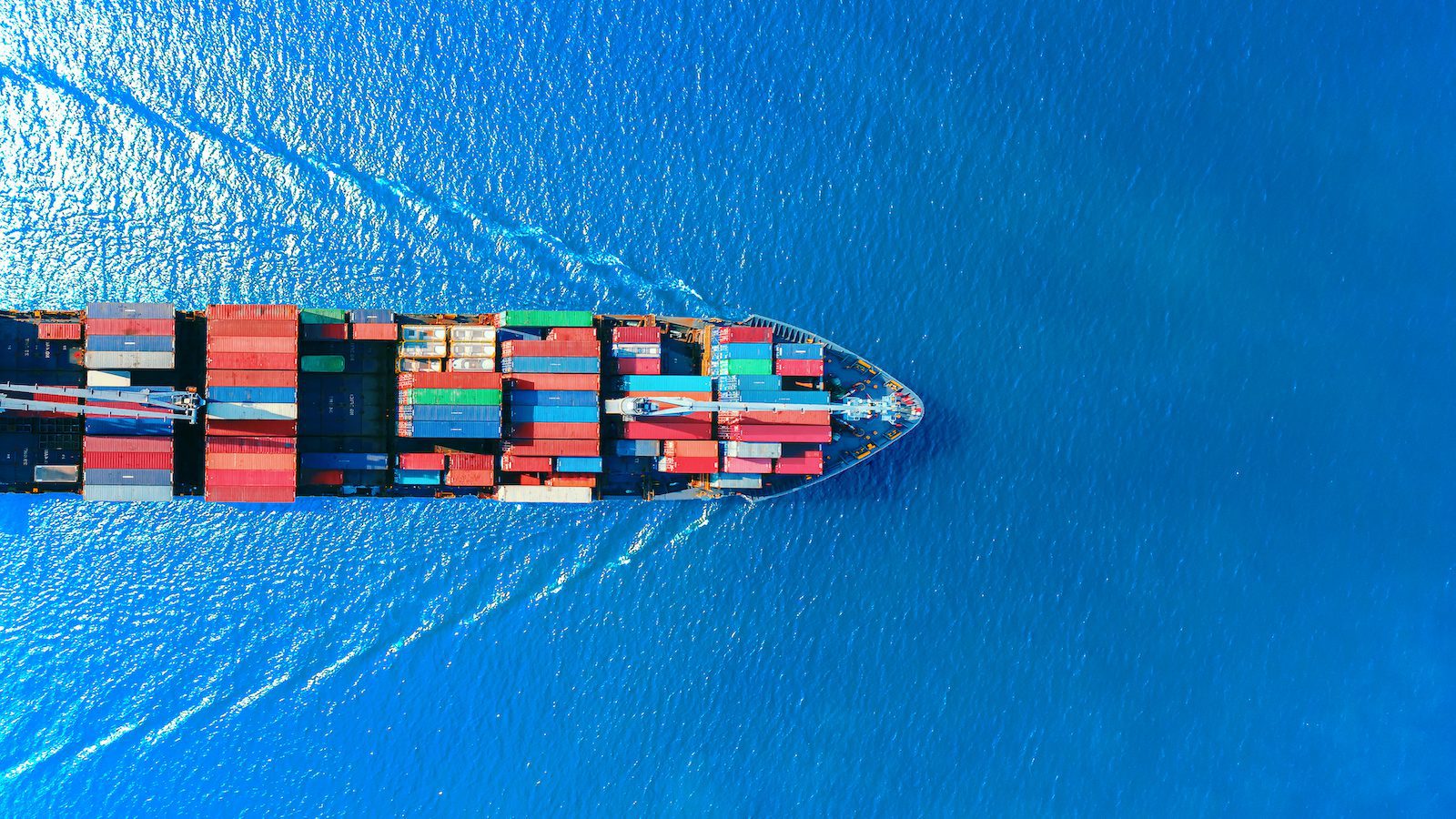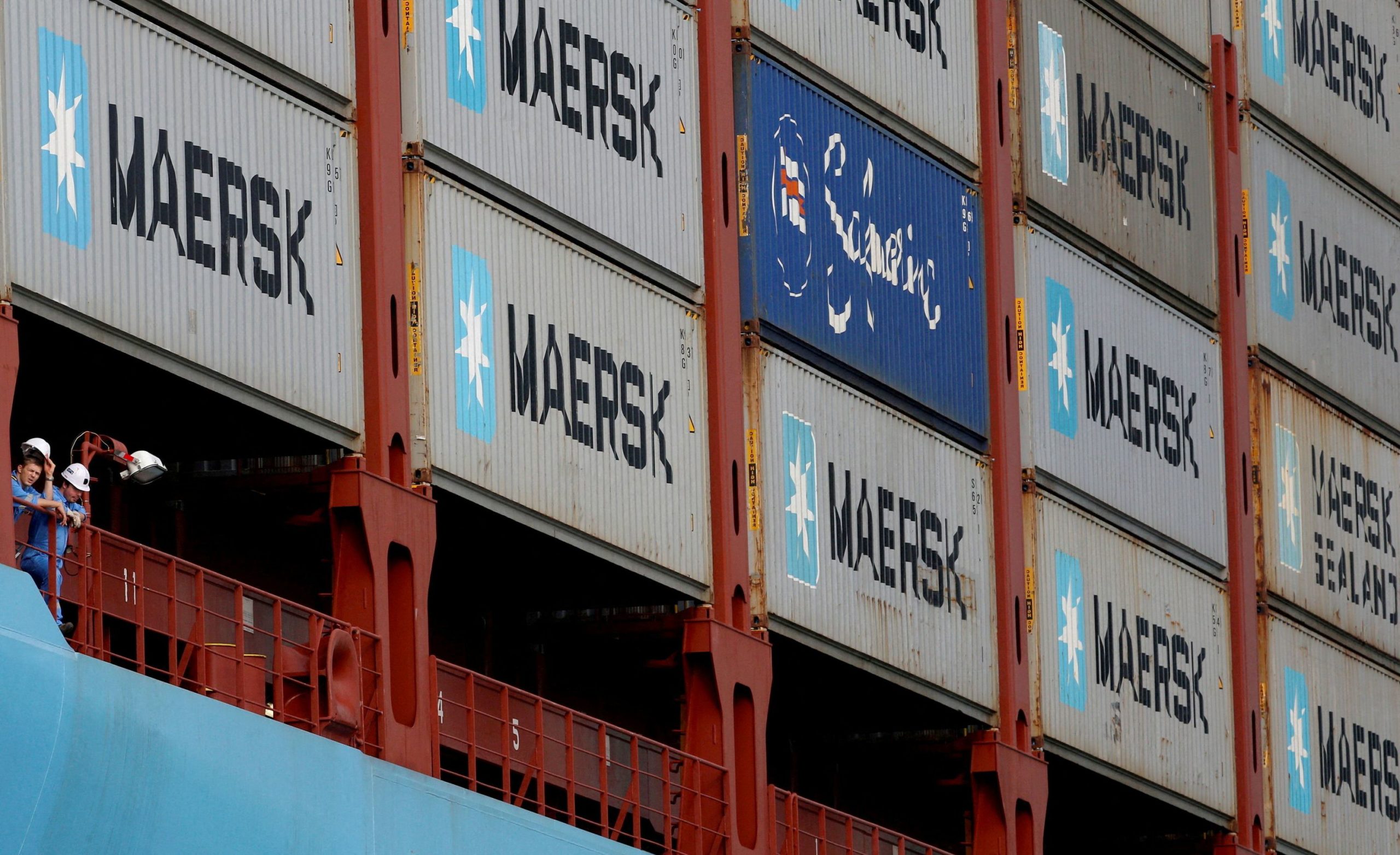The World Shipping Council (WSC) has voiced its opposition to the bipartisan Ocean Shipping Antitrust Enforcement Act, introduced this week by U.S. Representatives Jim Costa (CA-21), Dusty Johnson (SD-AL), John Garamendi (CA-08), Josh Harder (CA-09) and Jimmy Panetta (CA-19).
The proposed legislation aims to repeal the exemption for foreign ocean carriers from federal antitrust laws and address unfair practices affecting American businesses and consumers.
According to a U.S. Department of Transportation report, the top 10 foreign-based ocean carriers, operating foreign-flagged vessels, control over 80% of the shipping market. The new act would apply antitrust laws to these carriers, allowing the U.S. to address unfair trade practices, such as unjustified rate increases, excessive fees, and unexplained schedule changes.
US Ocean Shipping Antitrust Enforcement Act Takes Aim At Container Carriers
However, the WSC, representing liner shipping companies, argues that the Shipping Act provides legal certainty for ocean carriers to share space on ships, ensuring competitive markets and efficient services. WSC President and CEO John Butler says that vessel sharing arrangements (VSAs) benefit the supply chain, and removing such a system would undermine competition and choice in liner shipping services.
“Nobody has offered a reason why we should throw away such a useful tool as vessel sharing arrangements, and I think some of the rhetoric comes from a misunderstanding about how VSAs help the supply chain work better,” says Butler.
VSAs are operational agreements between ocean carriers that allow them to share space on each other’s ships. According to the WSC, this allows more carriers to provide more services more efficiently to more ports than carriers could provide individually, leading to benefits for shippers, ports, consumers, and supply chain workers.
The WSC argues that liner shipping is already a hotly contested market. In its Fact Funding 29 Report last May, the independent Federal Maritime Commission found that “the individual ocean carriers within each alliance continue to compete on pricing and marketing independently and vigorously”, and that “[t]he transpacific is a highly contestable market.”
Butler highlights that VSAs are purely operational agreements, allowing carriers to minimize transport costs while offering more frequent sailings and serving more ports. Carriers within a VSA compete with each other and those outside the VSA when selling their services.
The WSC is keen to work with the bill’s sponsors to better understand their policy objectives and address misconceptions about VSAs.
“We look forward to working with the bill’s sponsors to better understand their policy objectives. A similar bill was introduced in the last Congress, but did not gather significant support,” said Butler.
You can read the WSC’s full response to H.R. 1696, the “Ocean Shipping Antitrust Enforcement Act”, here.

 Join The Club
Join The Club











